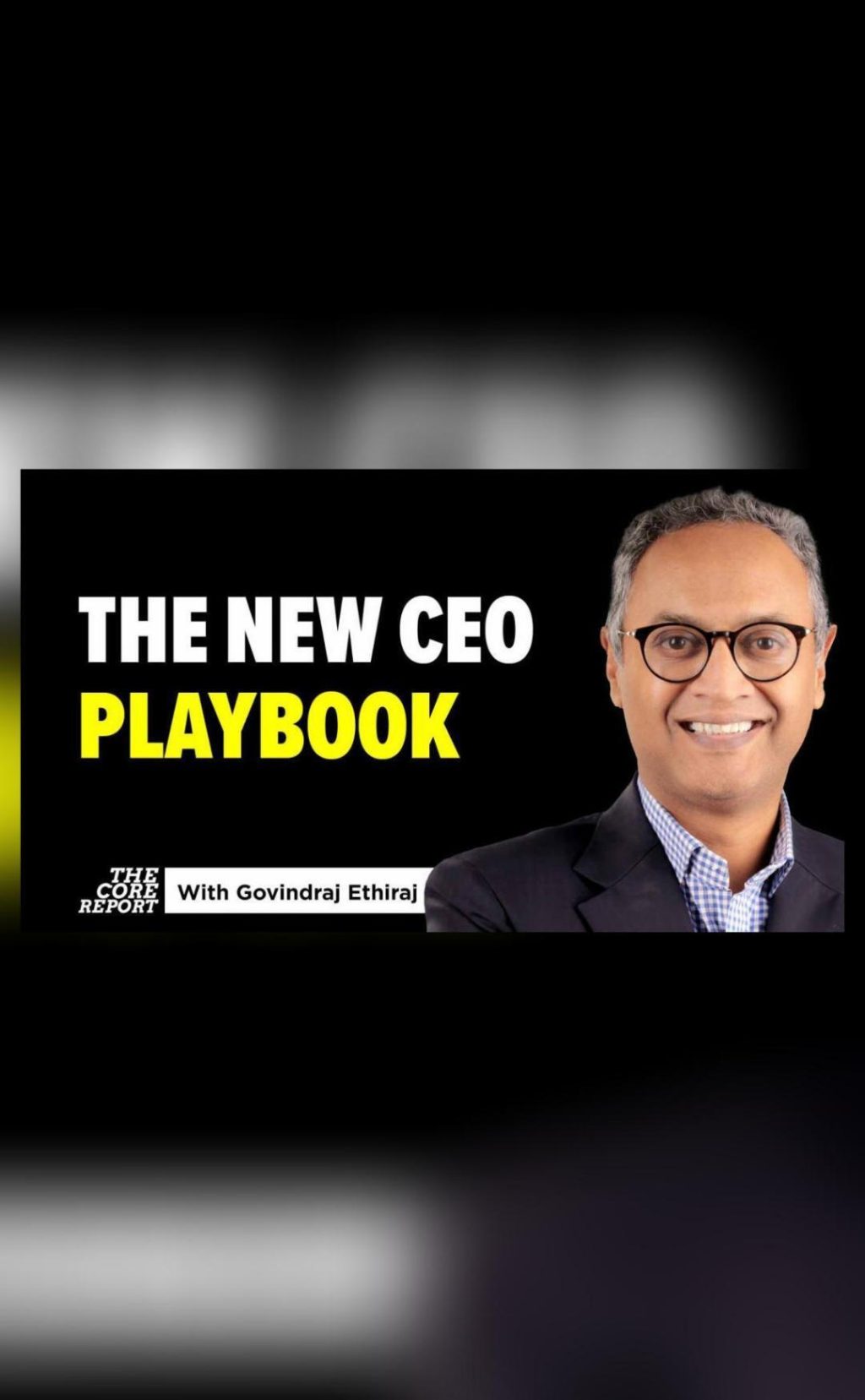
The New CEO Playbook: AI Pressures & Global Tariff Shocks
The modern CEO is no stranger to challenges. With the rapid pace of technological advancements and shifting global dynamics, business leaders must continually adapt to stay ahead of the curve. However, the current landscape presents a unique set of pressures that may be testing the mettle of even the most seasoned executives. In this article, we’ll explore the intersection of artificial intelligence (AI) and global tariff shocks, and what it means for CEOs and their organizations.
Internal Pressures: The AI Imperative
Artificial intelligence is no longer a novelty; it’s a necessity. As industries continue to evolve, the ability to harness AI’s potential is becoming a key differentiator between companies that thrive and those that struggle to survive. CEOs are under pressure to automate and innovate, leveraging AI to improve operational efficiency, enhance customer experiences, and drive business growth. This requires significant investments in talent acquisition, training, and development, as well as the integration of AI-powered tools and technologies.
According to a recent survey by Deloitte, 77% of CEOs believe that AI will drive significant change in their industries over the next five years. However, only 25% of respondents reported having a clear AI strategy in place. This disconnect highlights the need for CEOs to prioritize AI adoption and integration, lest they risk being left behind.
External Pressures: Global Tariff Shocks
While AI is transforming the internal dynamics of organizations, global tariff shocks are disrupting the external landscape. Trade policies are in a state of flux, with tariffs and trade agreements changing rapidly. This uncertainty is having a profound impact on global supply chains, making it increasingly difficult for companies to predict and manage their costs.
The trade wars between the United States and China, the ongoing Brexit negotiations, and the renegotiation of NAFTA are just a few examples of the complex and ever-changing trade landscape. CEOs must navigate these uncharted waters, ensuring that their companies remain competitive while adapting to shifting trade policies.
The Intersection of AI and Global Tariff Shocks
So, how do these two pressures intersect? The answer lies in the need for companies to localize and adapt in response to global tariff shocks. As trade policies change, businesses must adjust their supply chains and operations to remain viable. AI can play a critical role in this process, enabling companies to optimize their supply chains, predict and manage costs, and improve their responsiveness to changing market conditions.
For example, AI-powered analytics can help companies identify potential bottlenecks in their supply chains, allowing them to proactively mitigate the impact of tariff shocks. Similarly, AI-driven demand forecasting can help companies adjust production levels and inventory management to respond to changing market conditions.
The New CEO Playbook
In the face of these unprecedented challenges, CEOs must rethink their strategy and operations. Here are a few key takeaways from the new CEO playbook:
- Prioritize AI Adoption: Investing in AI is no longer a nice-to-have; it’s a must-have. CEOs must prioritize AI adoption and integration to stay competitive.
- Localize and Adapt: Global tariff shocks require companies to adapt to changing trade policies. CEOs must prioritize localization and adaptability to remain competitive.
- Rethink Supply Chains: AI-powered analytics can help companies optimize their supply chains and respond to changing market conditions.
- Develop a Global Talent Strategy: As AI reshapes industries, companies must develop a global talent strategy that includes AI skills and expertise.
- Stay Agile and Adaptable: The business landscape is more unpredictable than ever. CEOs must prioritize agility and adaptability to stay ahead of the curve.
Conclusion
The modern CEO faces unprecedented challenges in the intersection of AI and global tariff shocks. To thrive in this environment, CEOs must prioritize AI adoption, localization, and adaptability. By doing so, they can position their companies for success, even in the face of uncertainty.
As the global business landscape continues to evolve, one thing is clear: the CEO playbook has been rewritten. It’s time for CEOs to adapt and thrive in this new era of AI pressures and global tariff shocks.
News Source:
https://youtu.be/0osLVVtj7tY






